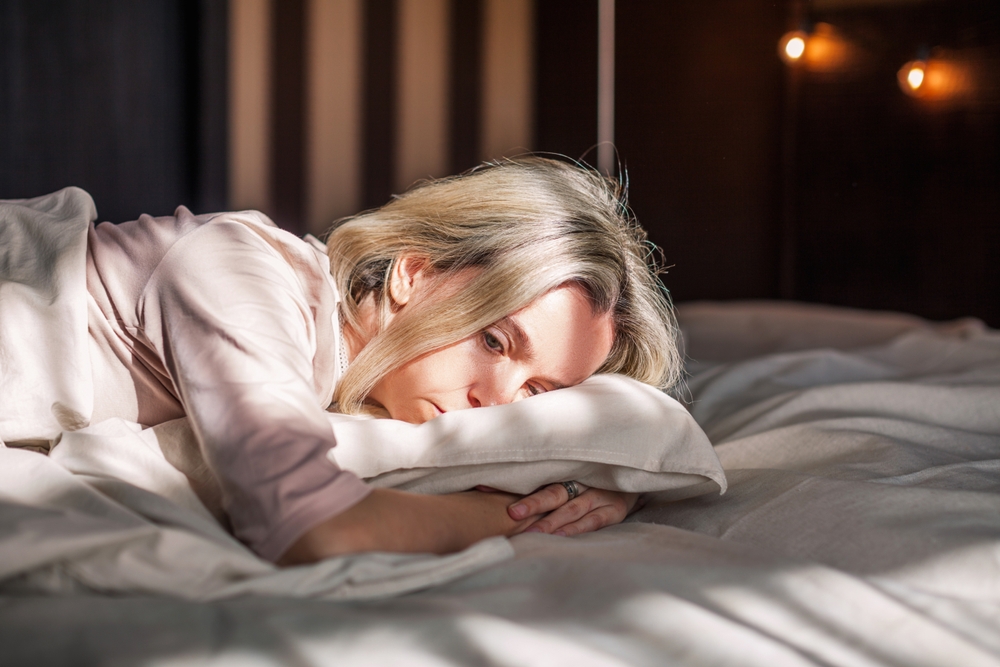
Hormone Treatment For Depression
Can Hormone Therapy Help with Depression?
Depression is among the most common psychiatric disorder in the U.S that affects more women than men. Approximately 20% of women experience depression during their menopausal stage, caused by reduced estrogen levels. Women who have been previously diagnosed with depression are more likely to experience menopausal depression.
Fortunately, help is available. If you have experienced various symptoms of depression during menopause, hormone replacement therapy can help. Estrogen replacement can increase serotonin levels in the body, which boosts mood and reduces risks for depression.
How Menopause Causes Depression
Menopause is a complicated stage with many body changes that can cause depression. The leading cause of depression during menopause is reduced estrogen and serotonin levels. This often occurs during perimenopause or the period preceding menopause. During this period, women undergo an emotional roller coaster triggered by hormonal changes.
Depression during the perimenopausal phase is caused by:
Hormonal fluctuations
Women in the perimenopausal phase experience irregular menstrual cycles. This includes longer, heavier, shorter, lighter, or infrequent menses. The hormones that control the menstrual cycle also affect serotonin, a brain hormone that promotes wellbeing and happiness. Reduced estrogen levels decrease serotonin levels, increasing anxiety, sadness, and irritability.
Reducing estrogen and progesterone levels triggers mood swings that make it difficult for women in this stage to cope with activities they’d normally endure. For some, especially those who’ve faced depression previously, hormonal dips cause a depressive episode.
Sleep disturbance
It is normal for menopausing women to experience insomnia, primarily caused by nighttime hot flashes. Unfortunately, poor sleeping patterns increase the chances of becoming depressed ten times.
Life changes
Life changes can also cause depression. Women in this age bracket experience turbulent hormones and stress caused by various events that affect their emotional health. It is during this period that their kids leave home, they experience career pressure, the onset of health problems, and have to deal with aging parents. External pressure can worsen mood swings and trigger depression.
How Hormone Replacement Therapy Fights Depression
Hormone replacement therapy with estrogen and progesterone can help balance levels and decrease the risk for depression. HRT benefits most women with menopausal symptoms, such as hot flashes. However, it can also improve emotional symptoms, such as mood changes and depression.
Hormone therapy focuses on replacing the hormones that can’t be produced during and after menopause.
Who Benefits from Hormone Therapy?
You should consider hormone therapy to:
- Relieve hot flashes – systemic hormones effectively relieve troublesome hot flashes and night sweats experienced during menopause.
- Alleviate other symptoms of menopause – hormone therapy eases vaginal symptoms associated with menopause, such as itching, dryness, and discomfort during intercourse.
- Prevent bone loss and fractures – hormone therapy can prevent bone-thinning or osteoporosis in menopausal women. This is a good alternative for women who can’t tolerate bisphosphonates and other treatments.
You should consult your doctor to determine your eligibility for hormone therapy.
Bottom Line
Unfortunately, not all women are good candidates for hormonal replacement therapy. However, this doesn’t mean you should suffer from depressive symptoms without seeking help. Contact Vitality Aesthetic & Regenerative Medicine today to find out if you are a candidate for bio-identical hormone replacement therapy.


